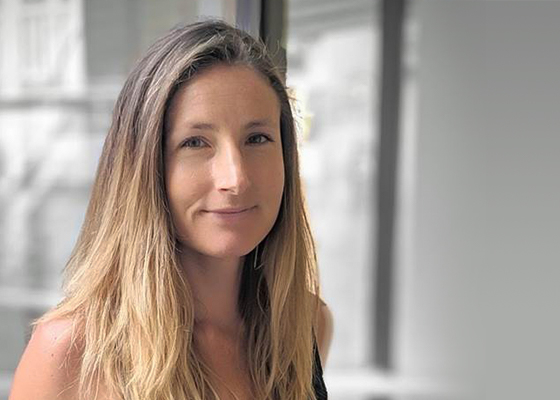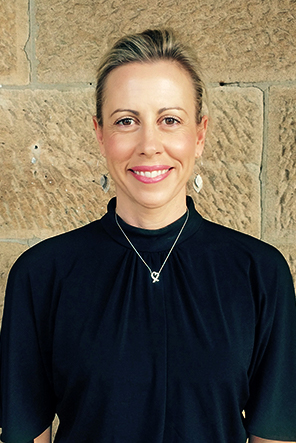HEIDI DOUGLASS | h.douglass@unsw.edu.au
Clarifying the relationship between alcohol use and dementia is just one of 19 new projects that will share $1.5 million in grants to conduct ground-breaking dementia research.
Dr Louise Mewton from the Centre for Healthy Brain Ageing (CHeBA) at UNSW Sydney was awarded a $75,000 Dementia Australia Research Foundation Pilot Grant, sponsored by the Dementia Centre for Research Collaboration, and will use the funding to clarify the relationship between low to moderate alcohol use and the risk of dementia.
“This world-first study combines innovative, state-of the-art research methods to address two of the largest contributors to the global disease burden: dementia and alcohol use,” she said.
“To date, the relationships between these two key causes of death and disability have been under-researched and overlooked. It is critical that we have a better understanding of how alcohol use is related to age-related diseases such as dementia.
“This research will uncover innovative new avenues for dementia prevention through the development of age appropriate, evidence-based recommendations on the number of standard drinks per week associated with minimal dementia risk.”
The research uses data from CHeBA’s COSMIC consortium; an international consortium to combine data from population-based longitudinal cohort studies to identify common risk factors for dementia and cognitive decline.
COSMIC leader and Co-Director of CHeBA, Professor Perminder Sachdev, said that alcohol use in the elderly is a neglected area of research.
"As baby boomers age, it has become an increasingly visible issue in our society. The link of alcohol abuse with dementia remains tenuous, and whether moderate use of alcohol is indeed beneficial for the brain remains contentious. Dr Mewton’s research is greatly needed to clarify some of these relationships that are so important for our society”.
The Chair of the Dementia Australia Research Foundation, Professor Graeme Samuel AC, said the grants provided support to early and mid-career researchers who want to make a difference in the field of dementia.
“This next generation of talented researchers will be among those tackling some of the biggest challenges in this field. These grants provide vital insights into reducing dementia risk, improving accurate and timely diagnoses and establishing treatment and care options for people who live with dementia,” he said.
“With the number of people living with dementia expected to increase to almost 1.1 million by 2058, research into dementia is now more urgent than ever.
“Further, the broad range of projects supported, including nanotechnology, hip fracture prevention, enhancing cognition with exercise and personalising care through music, reflect the increased diversity and quality of research in the dementia space across Australia.
“This would not be possible without the support of our most valued donors and partnerships with the Dementia Centre for Research Collaboration and the Australian Association of Gerontology Research Trust.”


